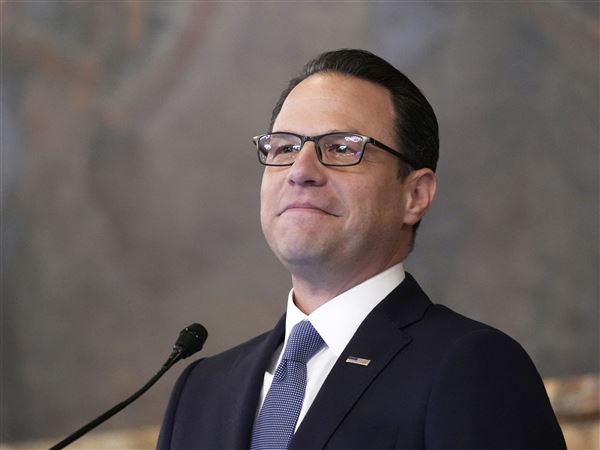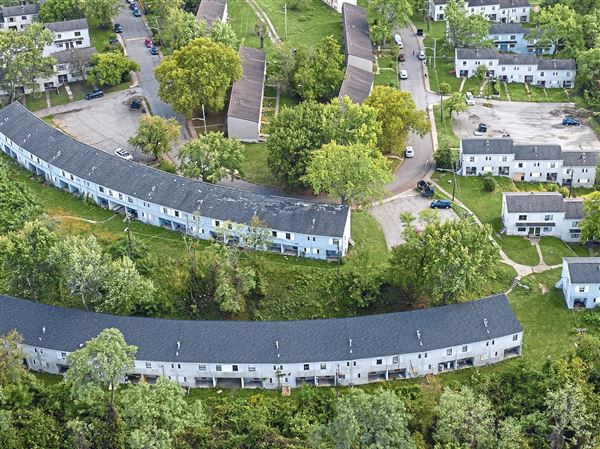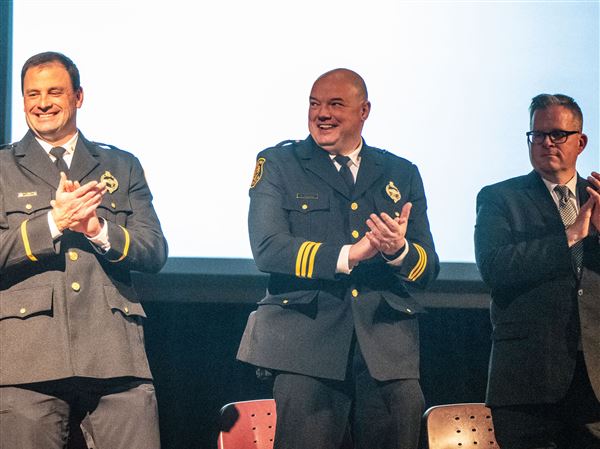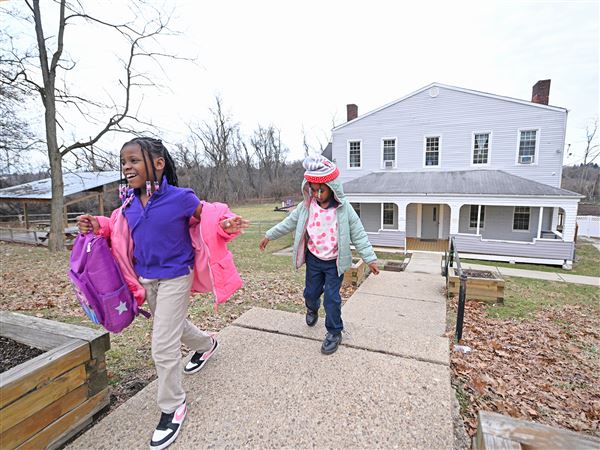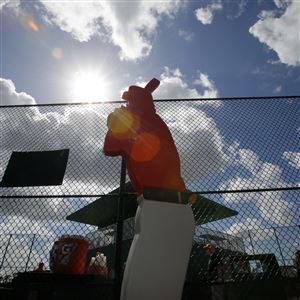David Creswell says that the number of lonely older adults may be increasing, putting their overall health at greater risk, but the way to help them isn’t necessarily to connect them to more people.
The Carnegie Mellon University associate professor of psychology, funded with a $3 million grant from the National Institutes of Health announced Monday, hopes that training people in better relaxation and coping techniques will reduce their perception of being lonely. The idea is that reduced loneliness = less stress = better physical and mental health.
“We believe we can change the relationship to these loneliness thoughts and feelings,” Mr. Creswell said.
He said that based on prior research, avoiding loneliness could help people curb depression, sleep problems, heart ailments and other conditions that impair both the quality and length of life.
In a five-year study expected to work with its first wave of participants in the spring, groups of adults in their early 60s and up will receive one of two kinds of training to address their feelings of isolation. Mr. Creswell declined to be too specific about the techniques in advance, saying it could affect the integrity of the study and the recruitment of the 188 participants he plans to enroll.
He acknowledged, however, that some training relates to the field of “mindfulness meditation” in which he has done prior, smaller studies. It’s a manner of teaching people how to handle day-to-day experiences in a more open, accepting way that reduces stress.
Most study participants will receive some form of training in an eight-week program of group meetings and then be evaluated for several months thereafter, but one-fifth will serve as a control group that receives training only at the end of the evaluation period.
Defining someone’s level of loneliness can be difficult, and it has to more to do with people’s own perceptions than the level of social contacts they maintain, Mr. Creswell said. In evaluating an individual’s suitability to participate, the study will use the UCLA Loneliness Scale, consisting of 20 questions in which people rank how often they feel left out, lacking companionship, unable to get close to others or other types of isolation.
With the steady rise in the number of older adults, the CMU researcher said it stands to reason there are more of them experiencing loneliness as their mates or friends die off or as they suffer impairments that limit their ability to network with others. He said prior studies have focused more on creating new social interaction for such adults than in helping them better cope with their feelings, but those efforts have not shown consistent positive outcomes. He hopes for something more conclusive.
“Our primary goal is to see if we can reduce loneliness, and our second primary goal is to reduce the related health risks,” Mr. Creswell said.
Those with potential interest in participating may obtain more information by leaving a message on the study hotline at 412-268-8761.
Gary Rotstein: grotstein@post-gazette.com or 412-263-1255.
First Published: December 1, 2015, 5:00 a.m.
